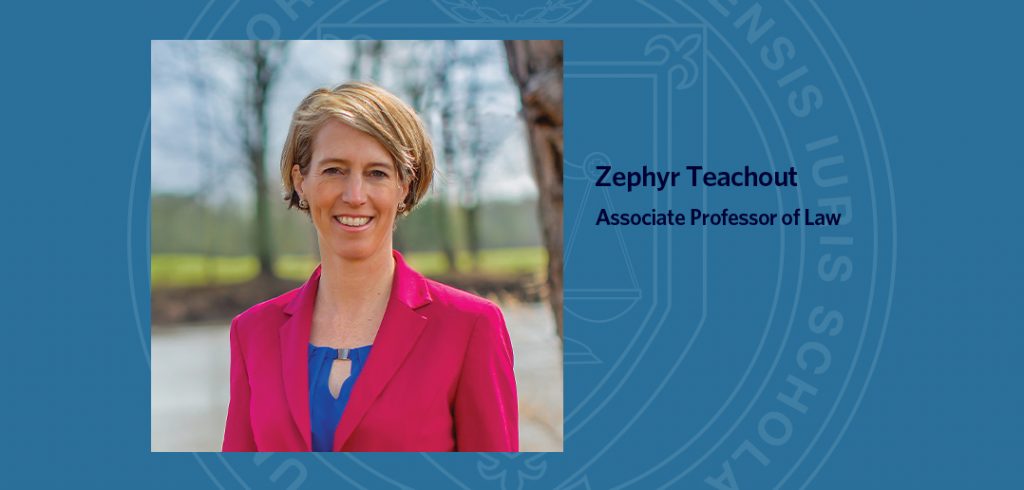In this op-ed featured in the Washington Monthly, Fordham Law Professor Zephyr Teachout reviewed “Abundance,” a new book written by New York Times columnist Ezra Klein and the Atlantic writer Derek Thompson that in part explores the roadblocks to abundant housing, clean energy, transportation, and tech innovation.
America is in a funk. People are unhappy with every major institution of government, from Congress to the Supreme Court to newspapers to the Democratic Party, and they lack confidence in the future. The rent is too damn high and wages too low, the health care system is broken, fires and floods are wrecking our communities, and we can’t even build a decent high-speed rail to rival 1990s Europe.
…
To be a vital economy, we know we should be building new and better things—more housing, better transit systems, and solar everywhere the sun shines and wind farms everywhere the wind blows. We should be innovating to build technologies never dreamed of. We should be tearing down bloated power structures, tapping into the profound innovative capacities of Americans to build, create, and flourish.
In certain corners of the Twitterati, Substack, and elite magazines, the notion of “abundance” has started to circulate as a possible response to this modern malaise. The “abundance movement,” with roots in “Yes in My Backyard” (YIMBY) advocates and environmental permitting reform advocates, positions itself as an answer to the funk—and as the core future agenda of the Democratic Party.
In Abundance, the New York Times columnist Ezra Klein and the Atlantic writer Derek Thompson seek to stake out what this movement should be. They argue that America’s inability to build is the result of deliberate policy decisions, bureaucratic inertia, and progressive ideological commitments that have prioritized redistribution over production. They advocate for a version of supply-side progressivism, in which the government plays a proactive role in expanding the supply of essential goods and services, rather than simply subsidizing demand or withdrawing from economic support.

